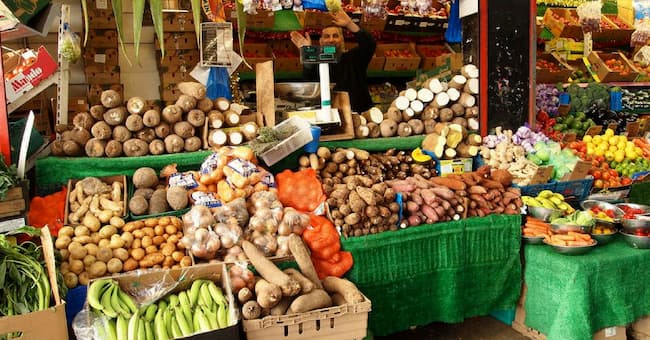The Minister of Agriculture and Rural Development, Sabo Nanono, disclosed that Nigeria imports food worth $5 billion on a yearly basis, of which dairy products make up $1.2-$1.5 billion.
He said this at the National Diary Policy Stakeholders Engagement in Abuja on Tuesday.
Nanono said that Nigeria’s milk production accounts for “only 13 percent of West African production and 0.01 percent of global dairy output.”
“The consumption of aggregated and bulked milk is less than 20 percent of the local potential. Nigeria’s milk production accounts for only 13 percent of West African production and 0.01per cent of global dairy output.
“The gap between supply and demand for dairy products is widening as a result of increase in population and urbanisation.
“The per capita consumption of milk is eight litres per year representing very low consumption levels when compared with the global averages of 44 litres of milk (FAOSTAT, 2019). Consequently, the long neglect of the livestock sector has put a lot of burden on the import bills of the country.
READ ALSO: Customs To Deploy Scanners At Land Borders To Curb Arms Smuggling
“About $5billion worth of food is imported yearly into the country out of which milk and dairy products account for $1.2-1.5 billion (according to Central Bank of Nigeria 9CBN) 2019). Hence, the annual dairy consumption is met by 60 percent imports and 40 percent local production.”
The minister added that the agriculture ministry was partnering with the trade and investment ministry, CBN, finance ministry, and the private sector to stimulate growth in the sector.
He said, “This requires the buy-in of national and multinational stakeholders. To facilitate this growth, the Ministry is presently collaborating with the Federal Ministry of Industry Trade and Investment (FMITI), Raw Material Research Development Council (RMRDC), CBN, Federal Ministry of Finance, Budget and National Planning, and the private sector to promote and develop the local dairy industry.
“This will facilitate the process of evolving a National Dairy Policy that will articulate a clear road map and strategies for the attainment of our development aspirations in the dairy industry.”













